When I think about the Middle Ages, it’s easy to picture bizarre medical practices and a lot of superstition. But honestly, not everything they believed back then was completely off the mark. Even though their understanding of health was shaped by what they knew at the time, it’s pretty amazing how many of their ideas have held up.
In fact, modern science has confirmed that quite a few of their health practices were actually spot on, even if they didn’t fully grasp the science behind them. From herbal remedies to hygiene tips, some medieval methods were ahead of their time. Let me share a few that really surprised me.
1. Garlic as a Natural Antibiotic
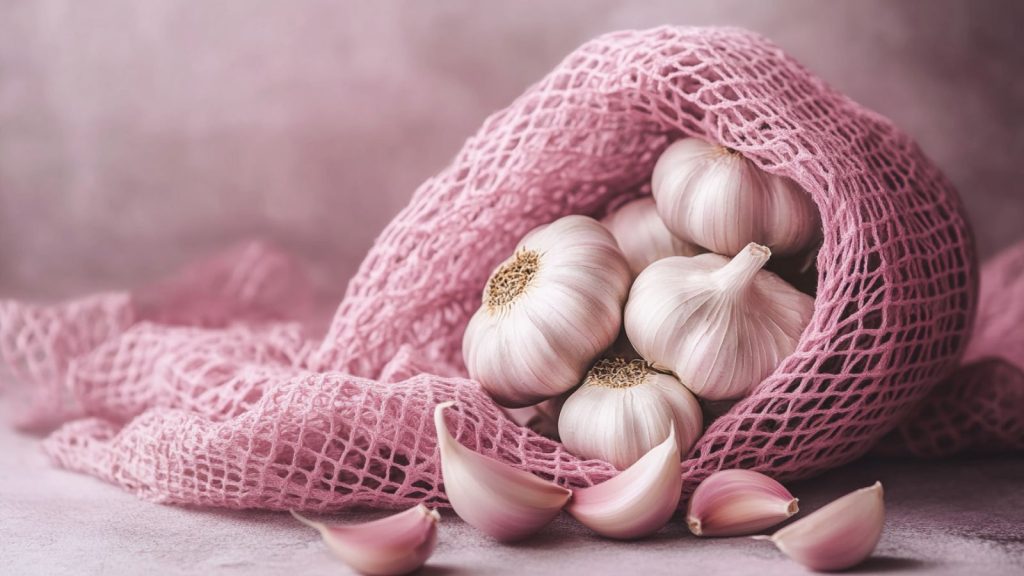
Medieval doctors believed garlic had healing properties, and they were right. Garlic contains a compound called allicin, which has been shown to fight off bacteria and infections. It was commonly used in treatments for everything from wounds to digestive problems. Today, garlic is still valued for its antibacterial and anti-inflammatory properties, proving the medieval healers were onto something.
2. Honey for Wound Healing

In medieval times, honey was used to treat wounds and infections. Modern research has shown that honey does indeed have antibacterial properties. Its low moisture content and acidity help inhibit the growth of bacteria, making it a great natural wound dressing. Manuka honey, in particular, has been proven effective in speeding up the healing process.
3. Using Leeches for Bloodletting
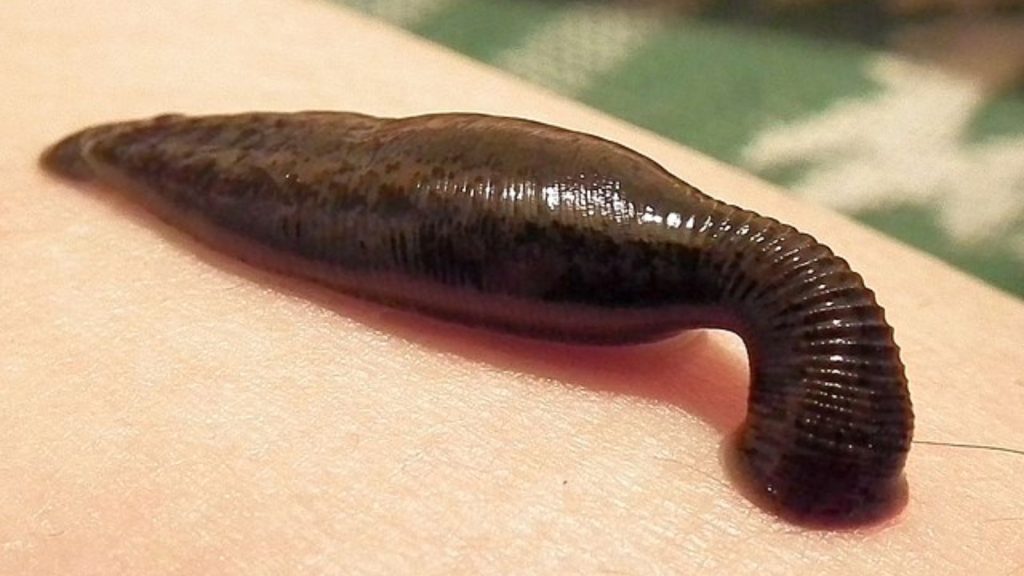
While the idea of using leeches for medical treatment might seem barbaric, leeches are still used in modern medicine. Today, they are often applied after surgeries to improve blood circulation in tissues and prevent blood clots. Their saliva contains a natural anticoagulant, which helps with healing. Though medieval people overdid bloodletting, the basic idea behind leech therapy has stood the test of time.
4. Herbal Remedies for Stress Relief
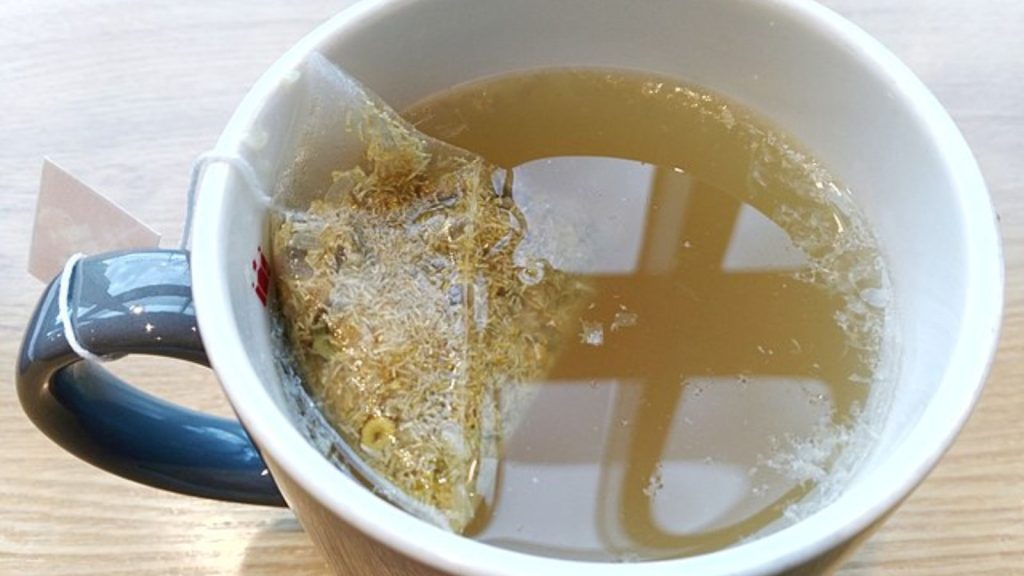
Medieval healers often turned to herbs like chamomile and valerian to treat anxiety and stress, long before modern psychiatry recognized their calming effects. Chamomile, in particular, has been proven to promote relaxation and improve sleep quality. These natural remedies are still widely used today as alternative treatments for anxiety and insomnia.
5. Bathing for Cleanliness and Health

Contrary to the myth that people in the Middle Ages never bathed, cleanliness was actually considered important for good health. Public bathhouses were common in medieval Europe. Medieval doctors knew that washing away dirt helped prevent infections and diseases. Regular bathing, though not as frequent as today, was seen as beneficial for maintaining hygiene and preventing illness.
6. Quarantine to Prevent the Spread of Disease

During outbreaks like the Black Death, medieval societies implemented quarantine measures to prevent the spread of disease. Ships were held in port for 40 days to make sure they weren’t carrying infected passengers. This practice is not far from modern quarantine protocols, which help limit the transmission of infectious diseases like COVID-19.
7. The Healing Power of Sleep

Medieval healers often prescribed rest and sleep as part of their treatments, and they were right to do so. Sleep is critical for maintaining a healthy immune system, repairing tissues, and overall well-being. Today, we know that a lack of sleep can increase the risk of numerous health issues, from heart disease to diabetes.
8. Fennel for Digestion
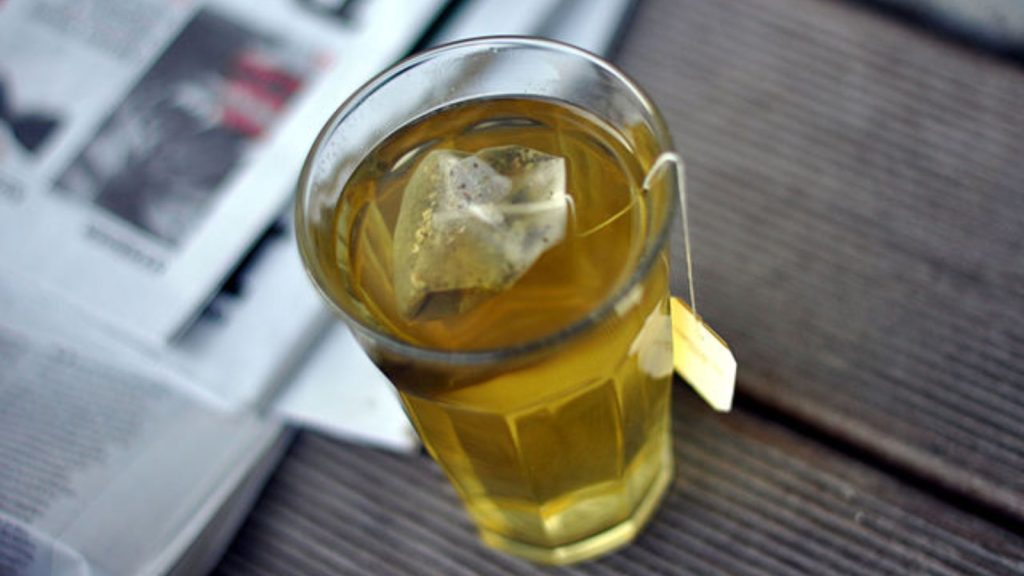
Medieval herbalists used fennel to aid digestion and relieve bloating. Modern science supports this, as fennel is now recognized for its ability to relax the digestive tract and reduce discomfort. Fennel tea is commonly recommended today for digestive issues like indigestion, gas, and bloating.
9. Exercise for Physical and Mental Health

Though exercise wasn’t formalized the way it is today, medieval doctors recognized the importance of physical activity for good health. They encouraged walking, gardening, and other forms of movement to maintain fitness. We now know that regular exercise is crucial for both physical and mental health, helping to prevent diseases and improve mood.
10. Willow Bark for Pain Relief
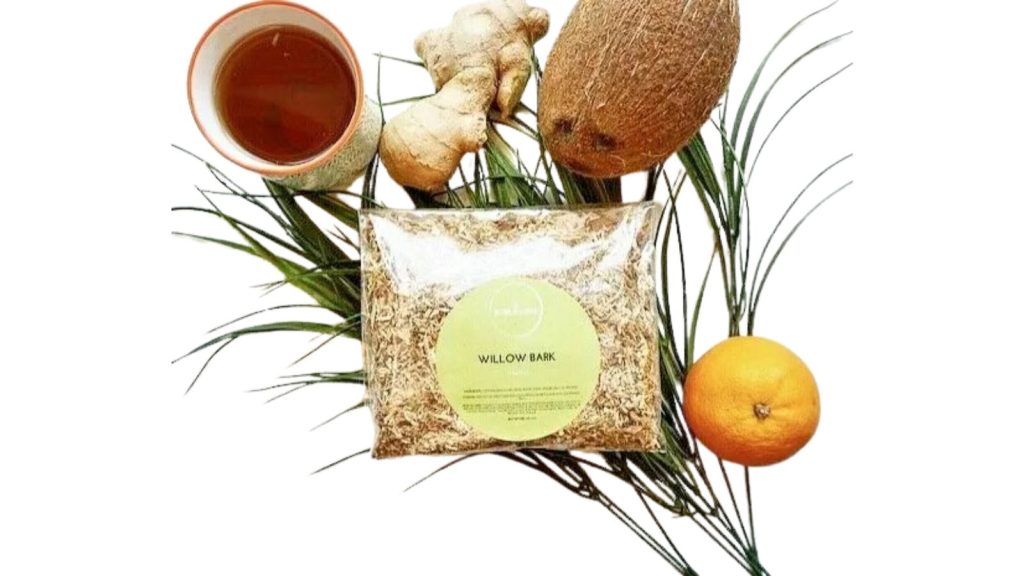
Medieval healers used willow bark to treat pain and fever, and they were spot on. Willow bark contains salicin, a natural compound similar to aspirin. Today, salicin is still used in modern pain relievers and anti-inflammatory medications, proving the effectiveness of this ancient remedy.
11. Mint for Stomach Aches
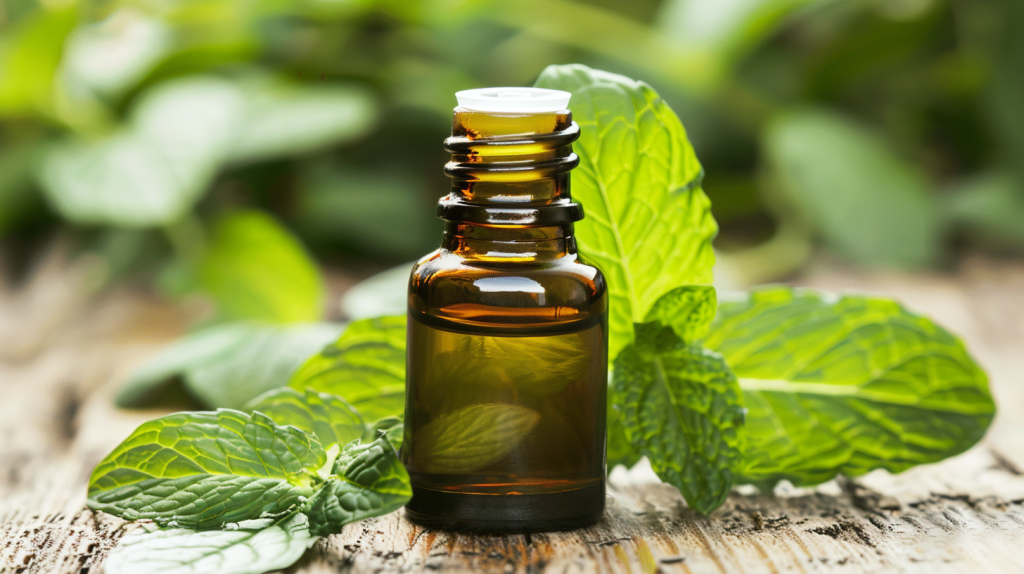
Mint was a popular remedy in medieval times for stomach aches and indigestion. Modern science has confirmed that peppermint can soothe digestive problems by relaxing the muscles of the gastrointestinal tract. Peppermint oil is now commonly used as a natural treatment for irritable bowel syndrome (IBS) and other digestive disorders.
12. The Importance of Fresh Air
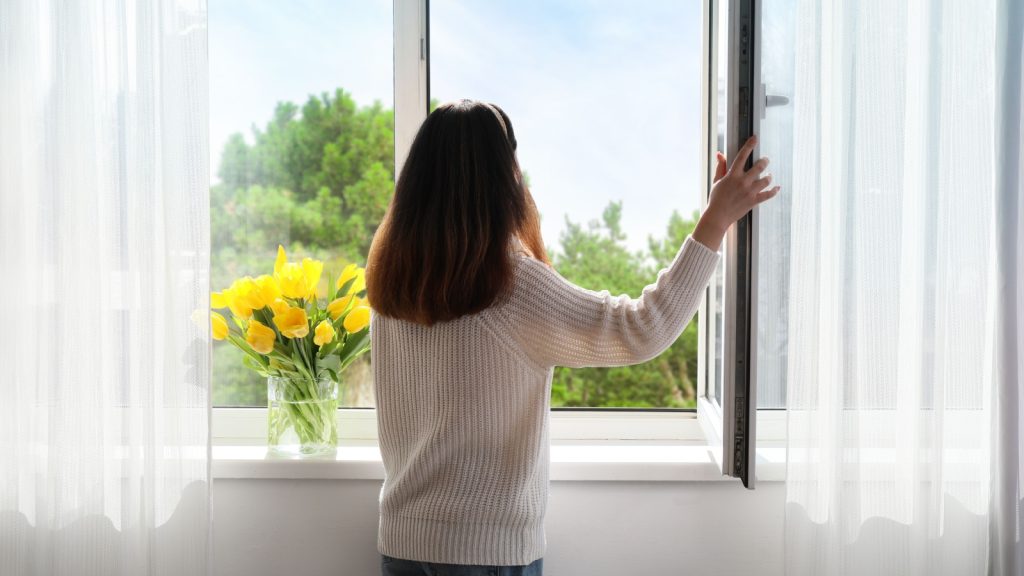
Medieval doctors believed in the importance of fresh air for maintaining good health, especially during illness. They advised opening windows and spending time outdoors. Today, we understand that fresh air can boost mood, improve lung function, and help remove indoor pollutants, proving that this medieval belief was more than just a superstition.
13. Echinacea for Immune Support
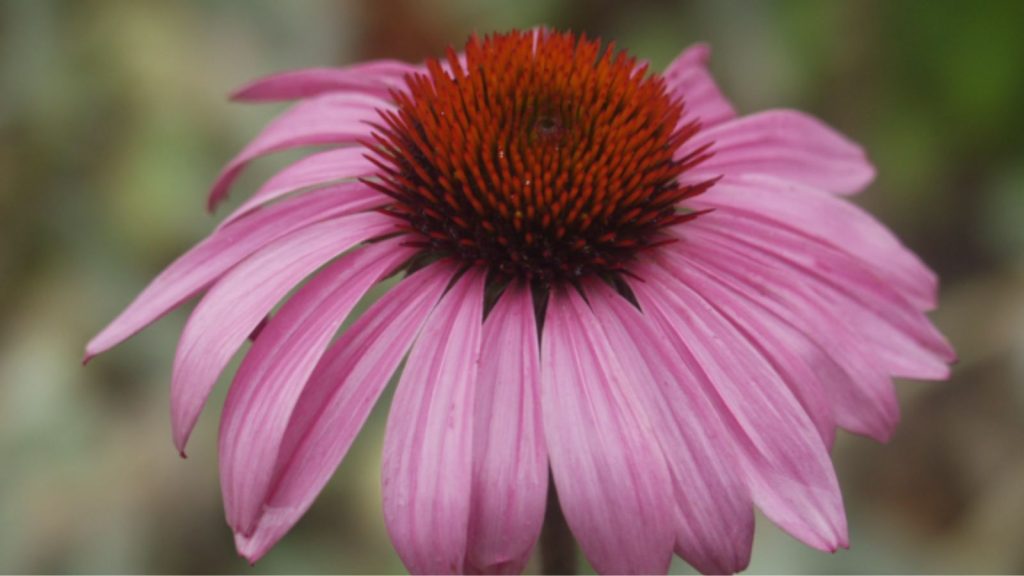
The medieval use of echinacea for boosting the immune system and fighting infections was surprisingly accurate. Studies have shown that echinacea can stimulate the immune system and may reduce the severity and duration of colds. It’s still used today as a natural remedy to support the body’s defenses against illness.
14. Lancing Boils to Drain Infections
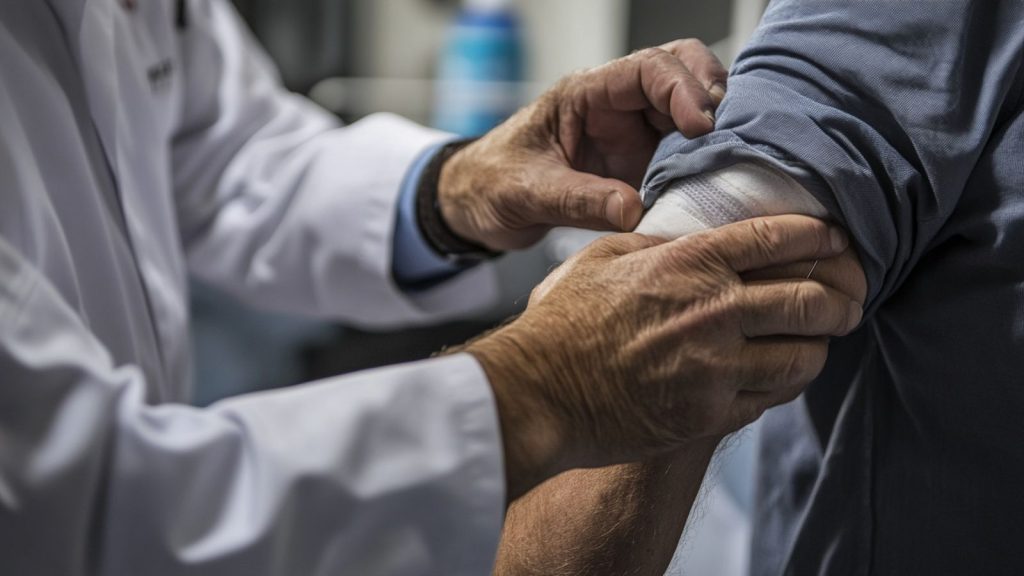
Medieval doctors would lance boils to release the pus and drain infections. While this might seem primitive, it’s still a common practice today. Modern medicine uses sterile tools and antibiotics, but the basic idea of draining an abscess to prevent infection from spreading remains valid.
15. Vinegar for Disinfection
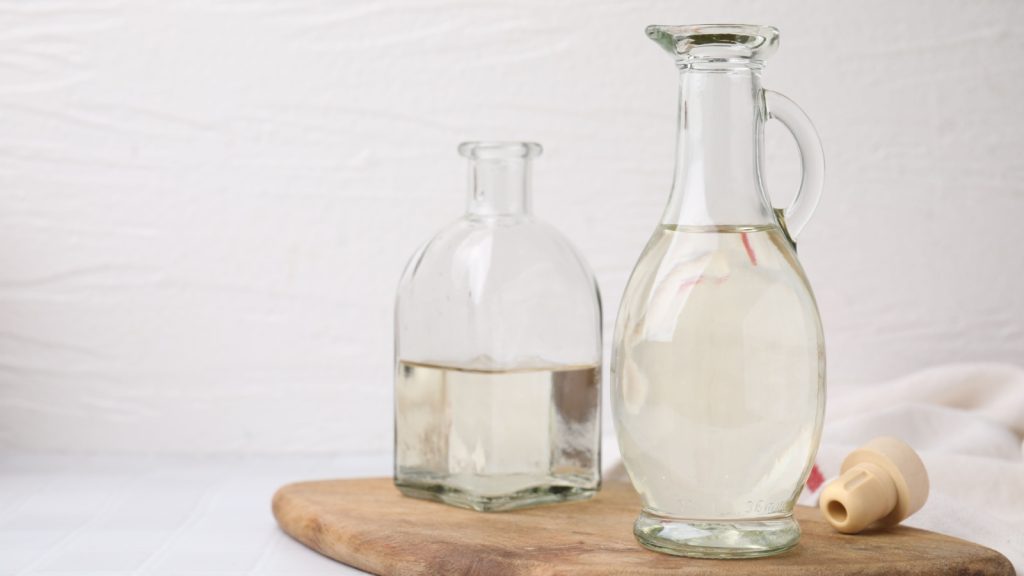
Medieval doctors often used vinegar as a disinfectant, particularly for cleaning wounds and surfaces. This belief turns out to be scientifically valid. Vinegar contains acetic acid, which can kill certain types of harmful bacteria and pathogens. While not as powerful as modern disinfectants, vinegar has mild antimicrobial properties and is still used in some household cleaning products today to help eliminate germs naturally
Ellen has been obsessed with logic puzzles, jigsaws, and cryptograms since she was a kid. After learning she was taught how to play chess wrong by a family friend (so they could win), she joined her school chess club and the rest is history.


